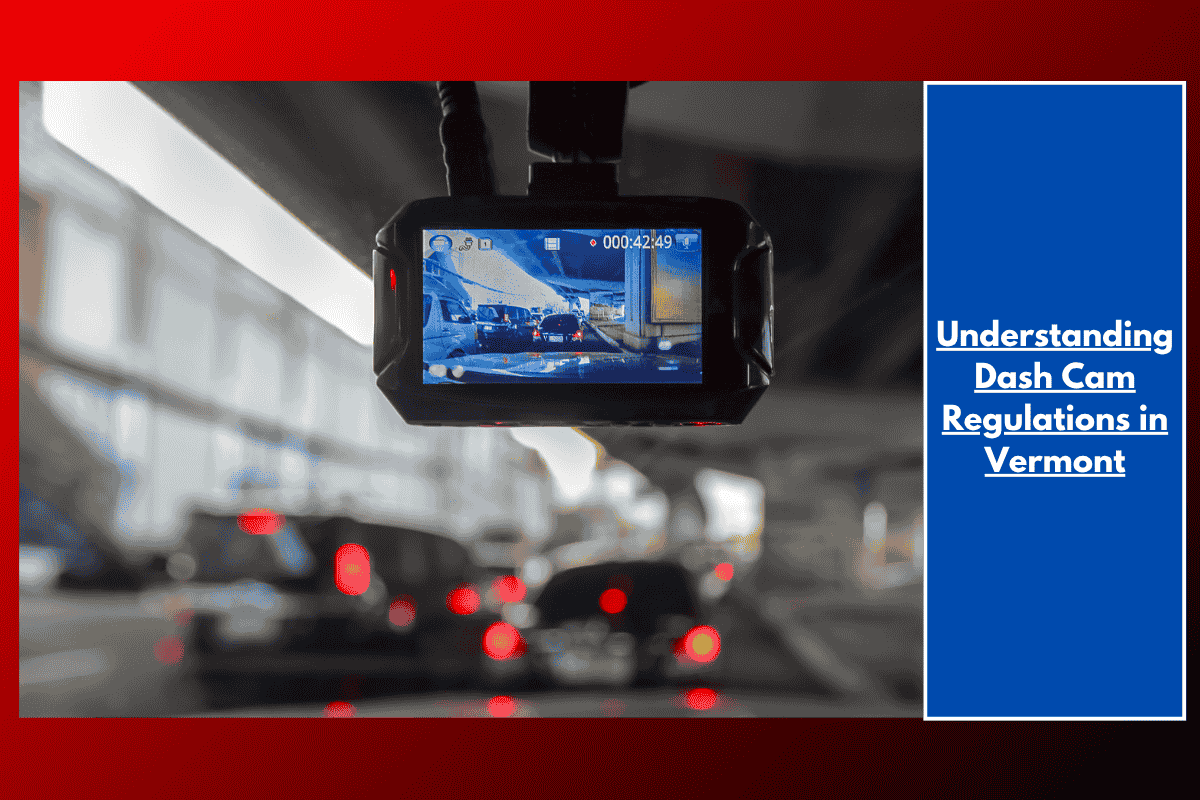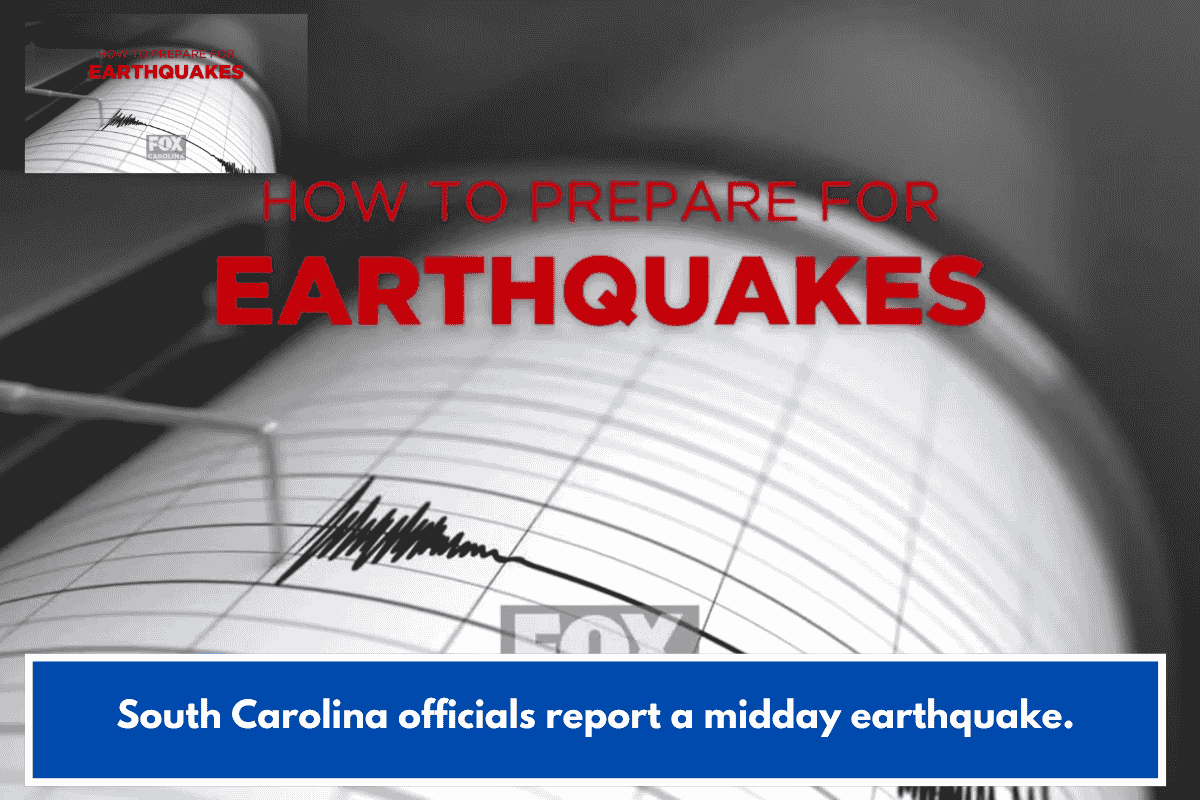Dash cameras, or “dash cams,” have become an increasingly popular tool for drivers, offering an extra layer of security and evidence in case of accidents or disputes. If you live in Vermont or plan to visit, you may be wondering about the legality and regulations surrounding the use of dash cams in the state. This guide will help you understand the key laws, rules, and considerations when it comes to installing and using a dash cam in Vermont.
Are Dash Cams Legal in Vermont?
Yes, dash cams are legal in Vermont. There are no state-specific laws that prohibit the use of dash cameras in vehicles. Dash cams are widely accepted across the United States, and Vermont is no exception. Drivers can use them for personal security, insurance purposes, or even as a tool for law enforcement in case of an accident.
However, as with any technology that records video or audio, there are some important legal considerations to keep in mind to ensure you use your dash cam within the limits of the law.
Recording Audio with Dash Cams in Vermont
While dash cams are legal in Vermont, recording audio might be subject to more stringent regulations. The key issue here is consent. Vermont is considered a one-party consent state when it comes to audio recording. This means that you are allowed to record conversations or audio as long as one party to the conversation (which can be you, the driver) consents to the recording. This law applies to situations where audio is captured by your dash cam while you’re recording video.
What does this mean for you?
If your dash cam records audio, you can legally capture conversations inside your vehicle without needing the consent of others, as long as you’re part of the conversation. However, if your dash cam records audio of other individuals outside your vehicle (e.g., through a window or from a distance), you may need to be cautious, as this could violate wiretapping laws in certain circumstances.
Dash Cam Placement in Vermont
The placement of your dash cam in Vermont must also comply with certain safety regulations. Specifically, Vermont law (like many states) prohibits objects from obstructing the driver’s view of the road.
What does this mean for you?
Your dash cam should be installed in a manner that does not obstruct your view through the windshield or interfere with the operation of the vehicle. Typically, this means placing your dash cam on the windshield behind the rearview mirror, as this area is generally considered a safe spot for mounting devices without obstructing the driver’s line of sight.
Privacy Concerns and Dash Cam Use
Another consideration when using a dash cam in Vermont is the privacy of others. While it is legal to record video inside and outside of your vehicle, capturing footage of individuals on private property or in private settings without their knowledge or consent may raise privacy concerns.
What does this mean for you?
Avoid using your dash cam to record private property without consent, especially if the camera captures individuals on private property or in private situations where they might expect privacy. If you are filming public spaces, such as streets or public parking lots, privacy concerns are generally less of an issue.
Using Dash Cam Footage as Evidence in Vermont
Dash cam footage can serve as valuable evidence in the case of an accident or dispute, especially if the footage can help clarify the facts of an incident. In Vermont, dash cam footage is generally admissible in court as evidence, provided it is relevant to the case.
What does this mean for you?
If you are involved in an accident or any other legal matter, having dash cam footage can be a useful tool in protecting yourself and supporting your version of events. Ensure that your dash cam is recording clearly, without obstructions, and that you have the necessary storage capacity to keep important footage.
Data Retention and Storage for Dash Cam Footage in Vermont
While Vermont does not have specific laws requiring data retention for dash cams, it’s important to remember that footage stored on your dash cam is your responsibility. Depending on the storage capacity and settings of your device, older footage may be overwritten or deleted when the memory fills up.
What does this mean for you?
It’s a good practice to regularly back up important footage, especially if it involves accidents or events that could be needed for future reference. Many dash cams come with cloud storage options, allowing you to upload your footage for safekeeping.
Dash cams are legal in Vermont, and they can be a helpful tool for drivers looking to enhance their safety and security. While there are no laws in Vermont that prohibit dash cams, it’s important to follow the guidelines regarding audio recording, camera placement, and privacy concerns to avoid legal issues. By being mindful of Vermont’s privacy laws and general safety regulations, you can make the most of your dash cam without running into legal trouble.
SOURCES
[1] https://matrackinc.com/dash-cam-laws-by-states/
[2] https://www.ddpai.com/blog/dash-cam-laws/
[3] https://www.blackboxmycar.com/pages/are-dash-cams-legal-in-my-area-dash-cam-laws-in-every-us-state
[4] https://www.expertmarket.com/dash-cams/dash-cam-laws-by-state
[5] https://www.explica.co/your-dash-cams-legal-limits-state-by-state-laws-and-guidelines/














